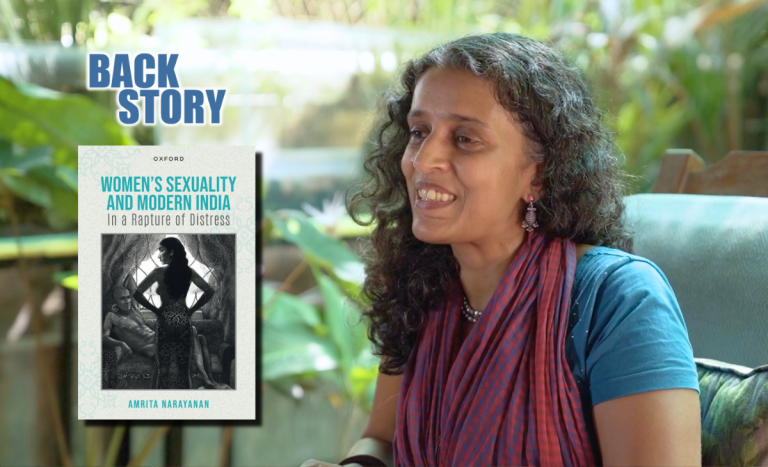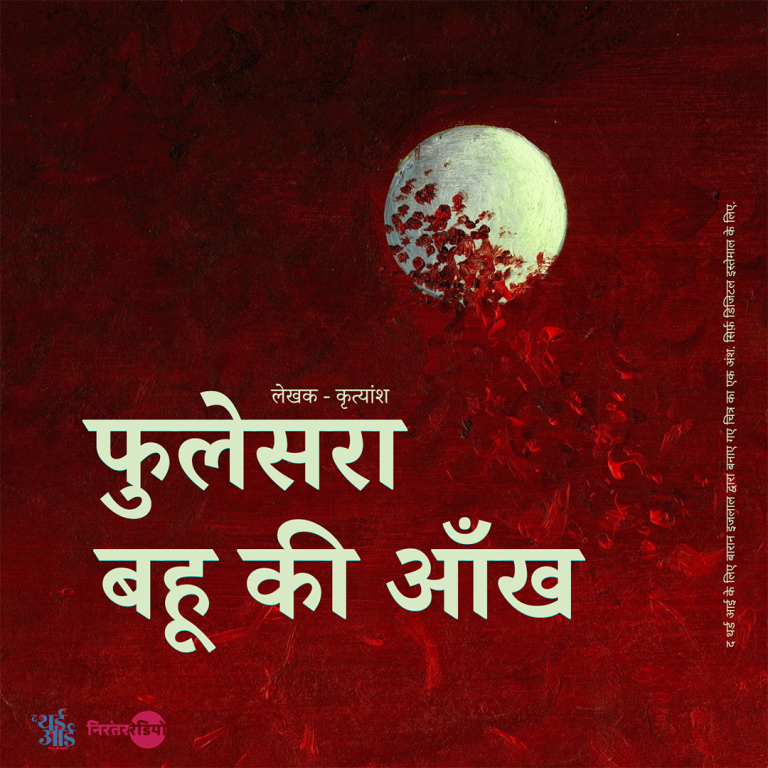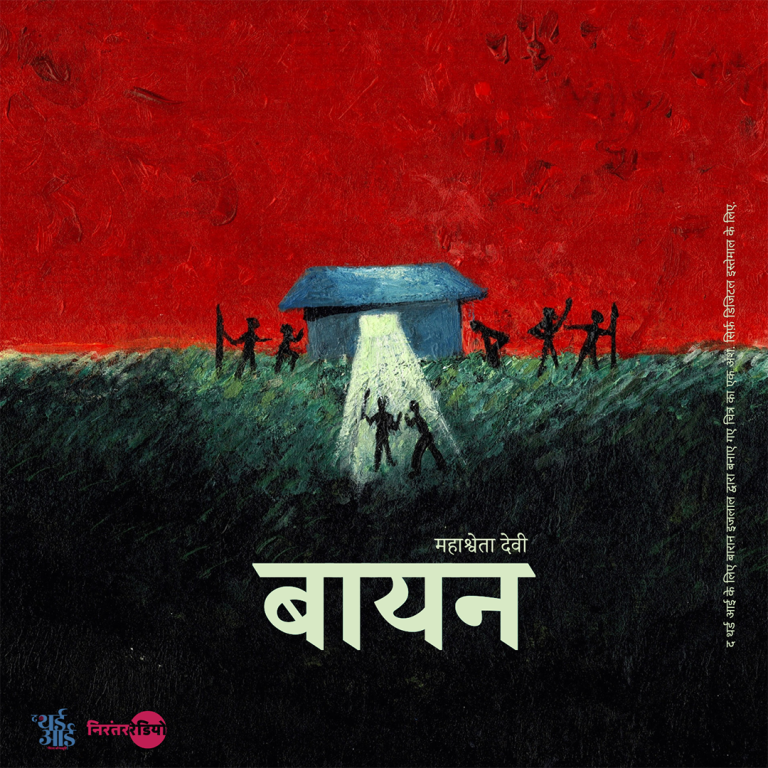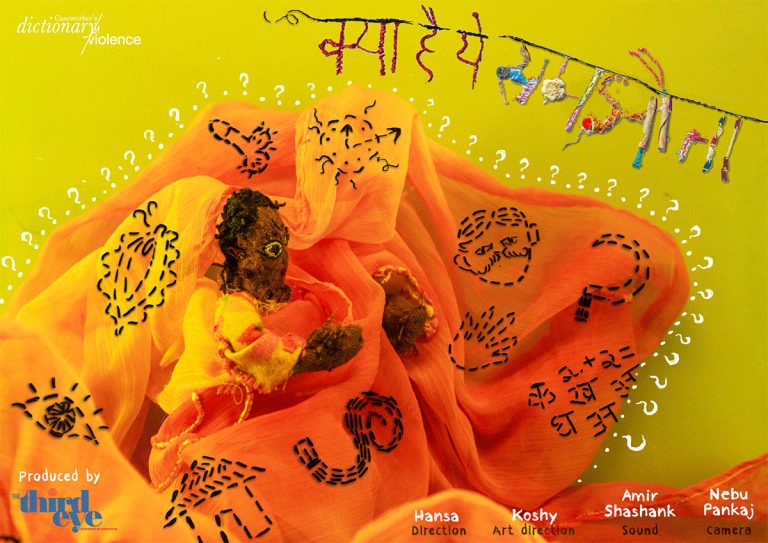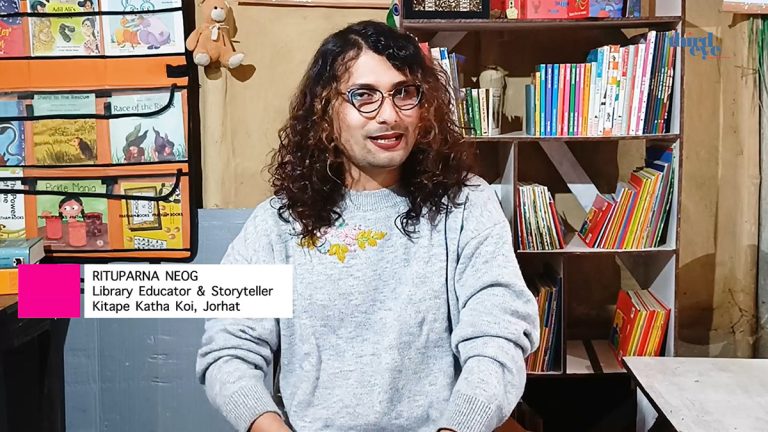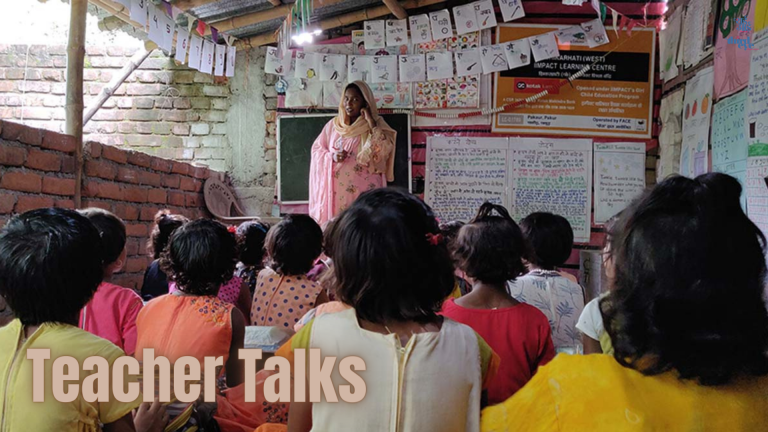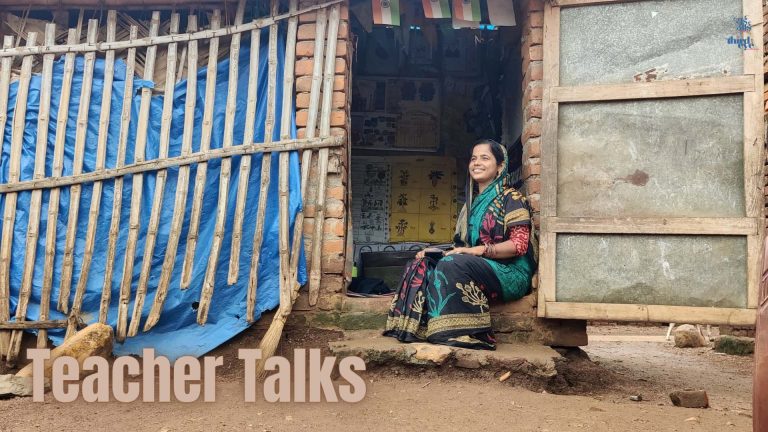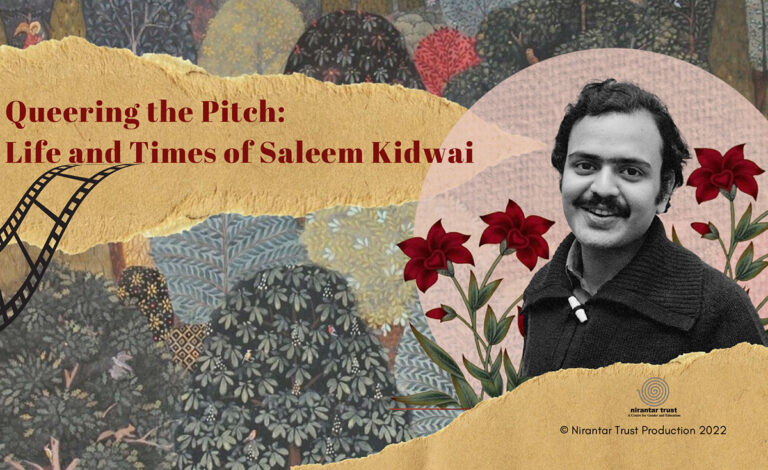
Queering The Pitch: Life and Times of Saleem Kidwai
Queering the Pitch: Life and Times of Saleem Kidwai is a short film that traces the legacy of historian and writer Saleem Kidwai. Best known for co-editing Same-Sex Love in India, a landmark text in the fight against Section 377, Saleem’s life also opened up quieter, radical possibilities of the queer lens — ones that transcended binaries, rewrote cultural hierarchies, and made room for joy, complexity, and chosen kinship.


